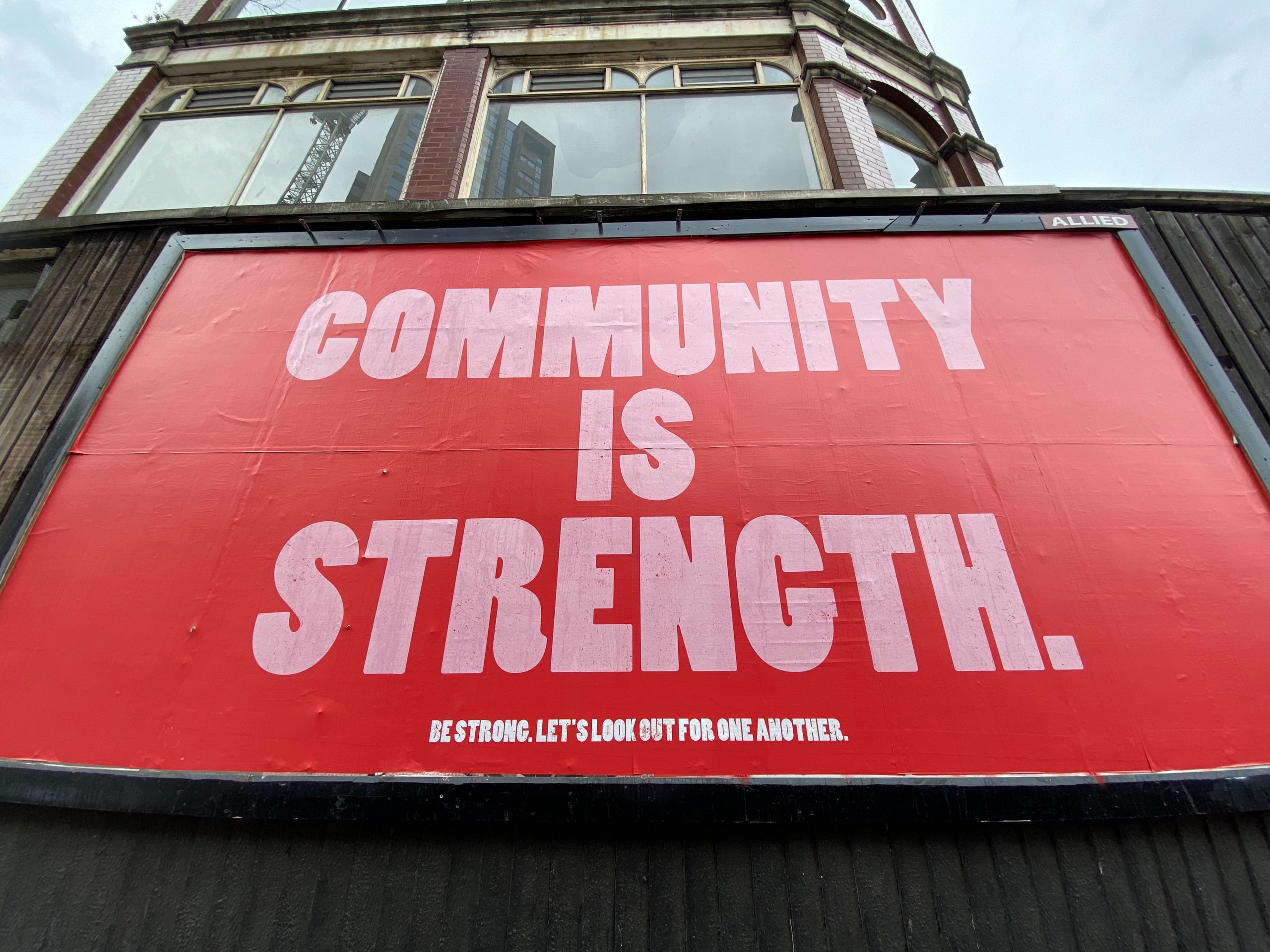Recently, I posted a piece about distributions consolidating around a consistent app store. In it I mentioned Flatpak as a potential component and some people wondered why I didn’t recommend Snappy, particularly due to my Canonical heritage.
To be clear (and to clear up my in-articulation): I am a fan of both Snappy and Flatpak: they are both important technologies solving important problems and they are both driven by great teams. To be frank, my main interest and focus in my post was the notion of a consolidated app store platform as opposed to what the specific individual components would be (other people can make a better judgement call on that). Thus, please don’t read my single-line mention of Flatpak as any criticism of Snappy. I realize that this may have been misconstrued as me suggesting that Snappy is somehow not up to the job, which was absolutely not my intent.
Part of the reason I mentioned Flatpak is that I feel there is a natural center of gravity forming around the GNOME Shell and platform, which many distros are shipping. Within the context of that platform I have seen Flatpak commonly mentioned as a component, hence why I mentioned it. Of course, there is no reason why Snappy couldn’t be that component too, and the Snappy team have been doing great work. I was also under the impression (entirely incorrectly) that Snappy is focusing more on the cloud/server market. It has become clear that the desktop is very much within the focus and domain of Snappy, and I apologize for the confusion.
So, to clear up any potential confusion (I can be an inarticulate clod at times), I am a big fan of Snappy, big fan of Flatpak, and an even bigger fan of a consolidated app store that multiple distros use.? My view is simple: competition is healthy, and we have two great projects and teams vying to make app installation and management on Linux easier. Viva la desktop!








